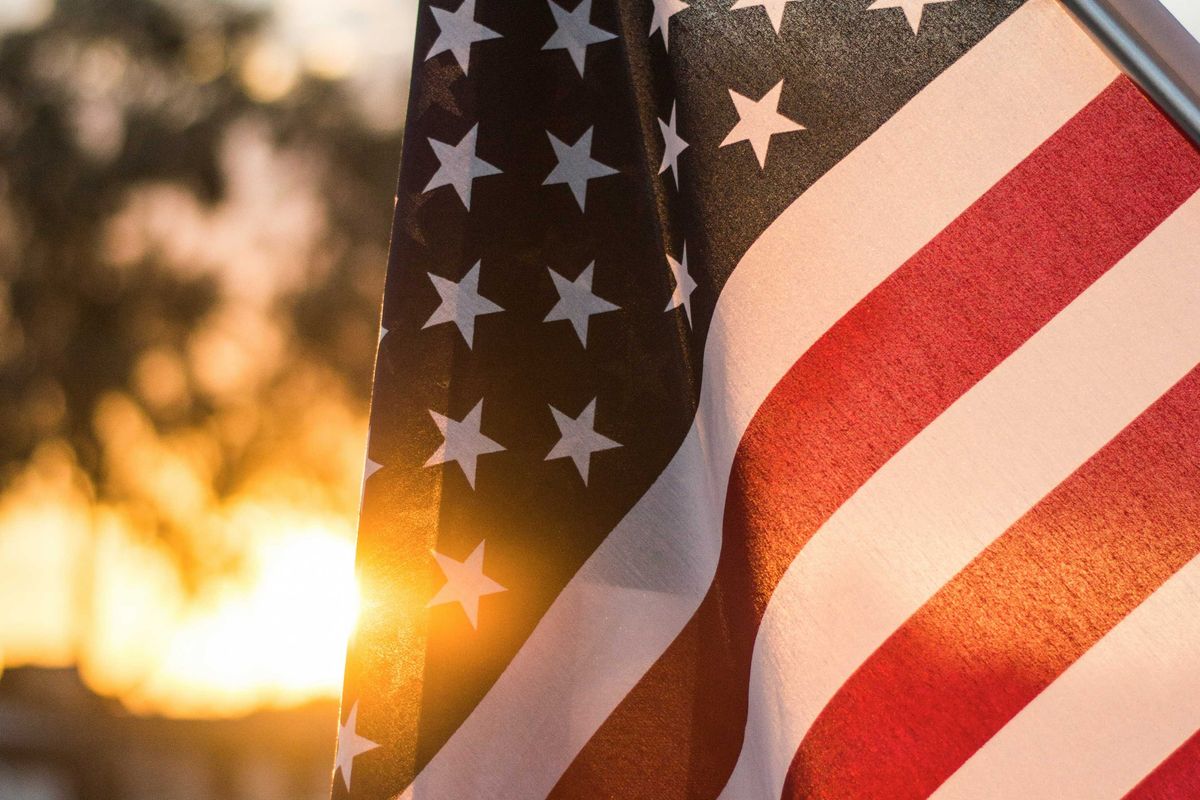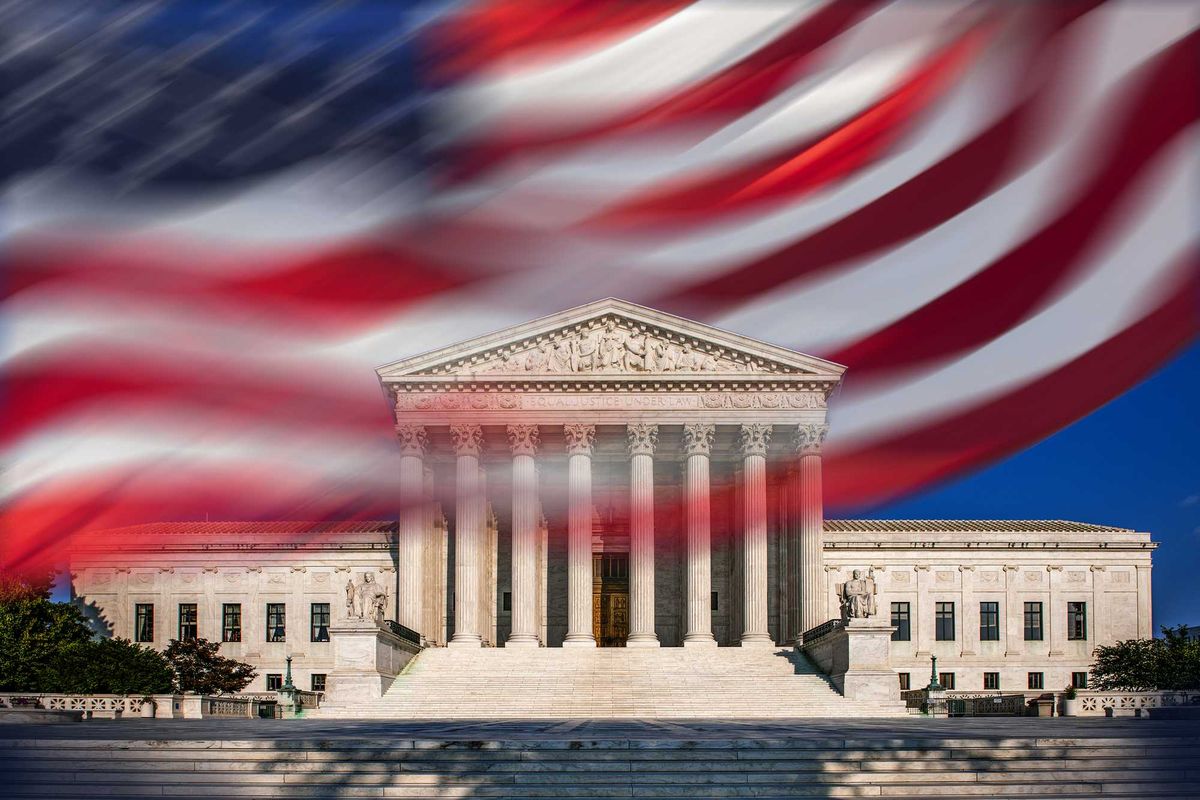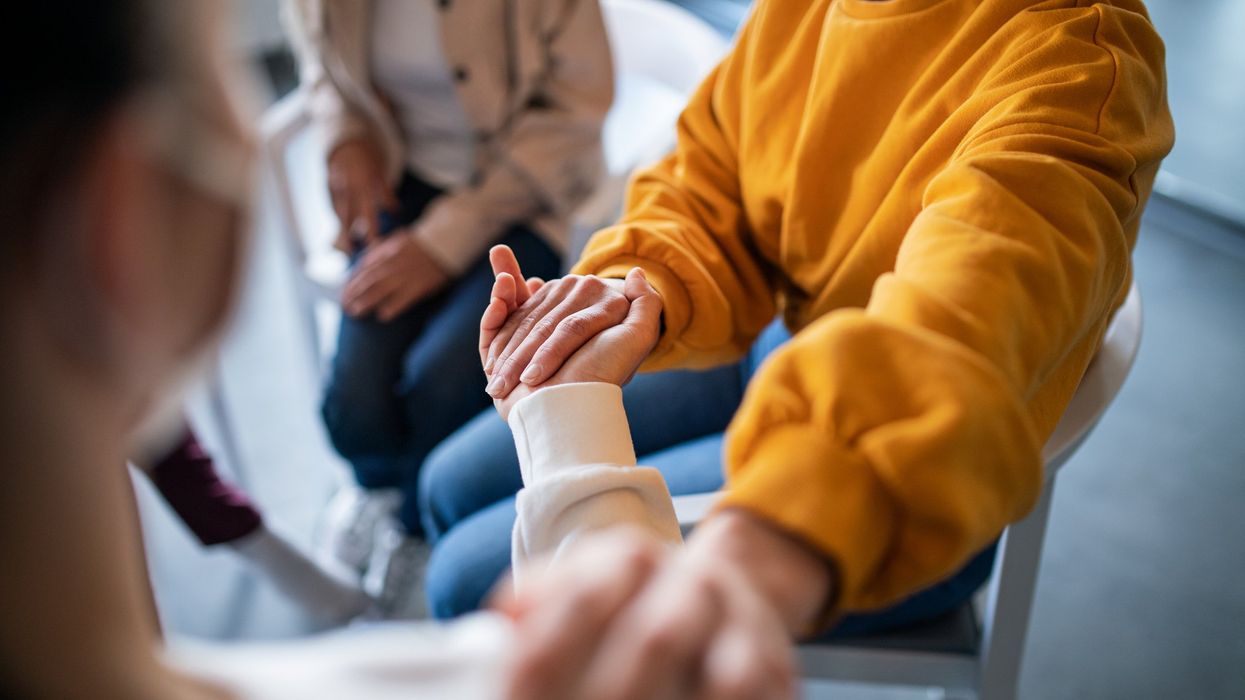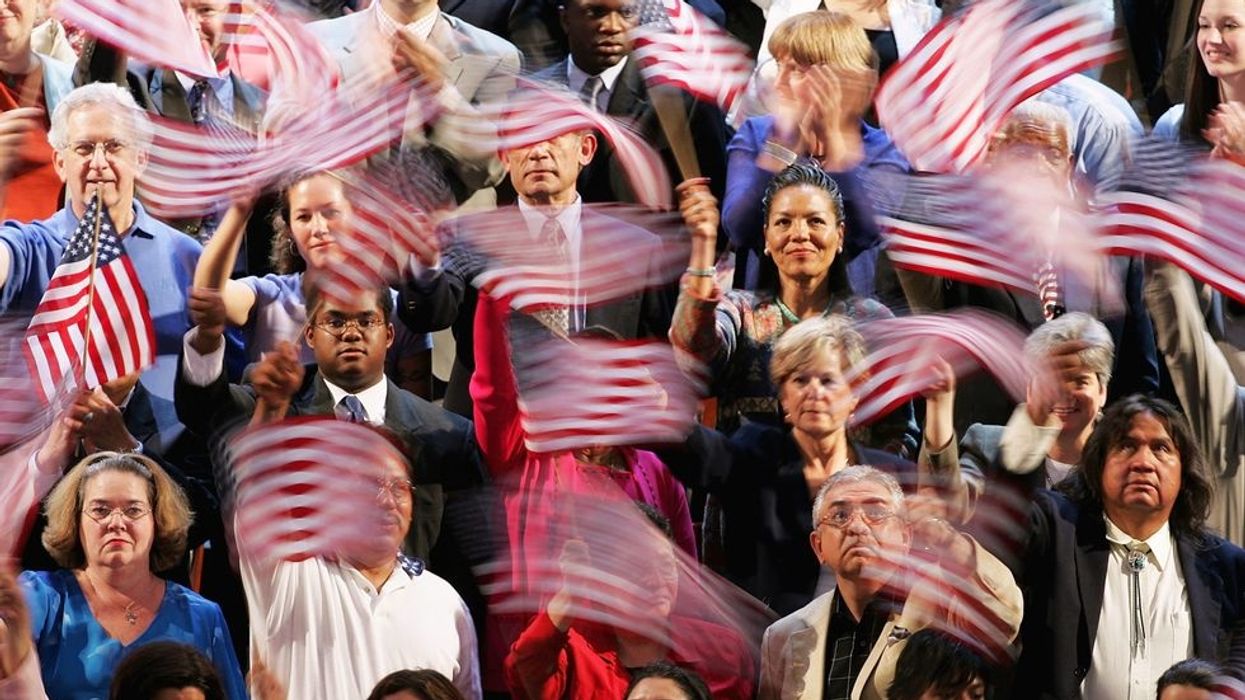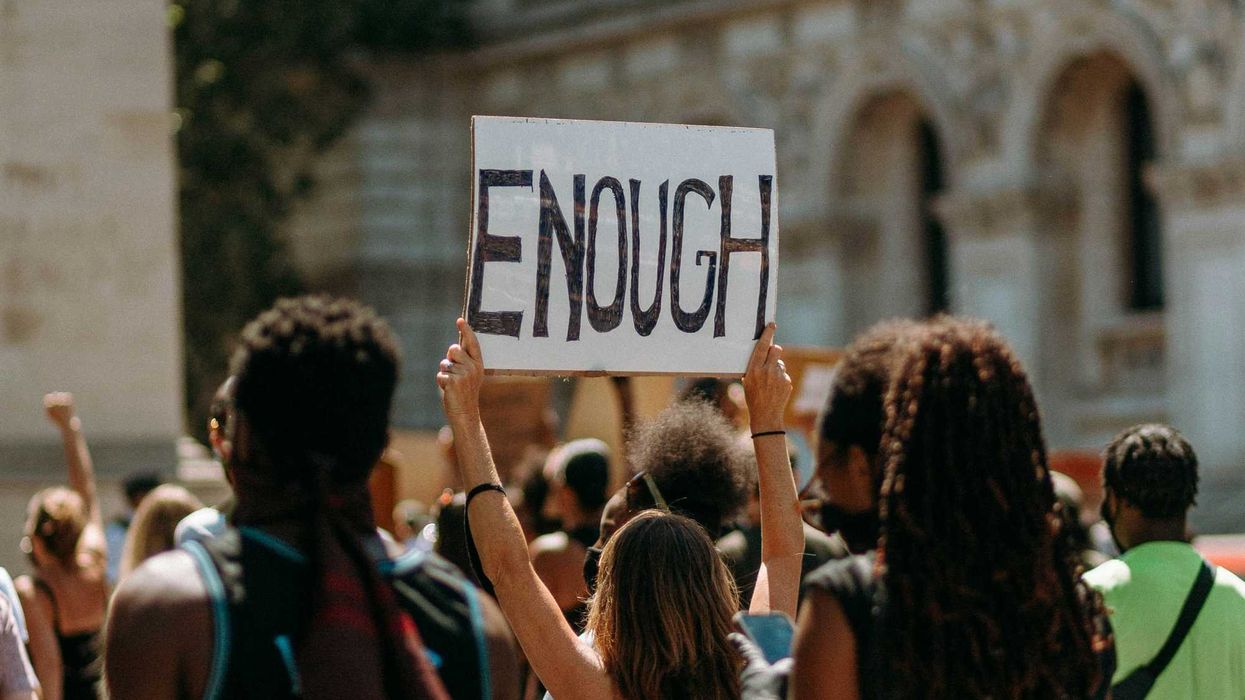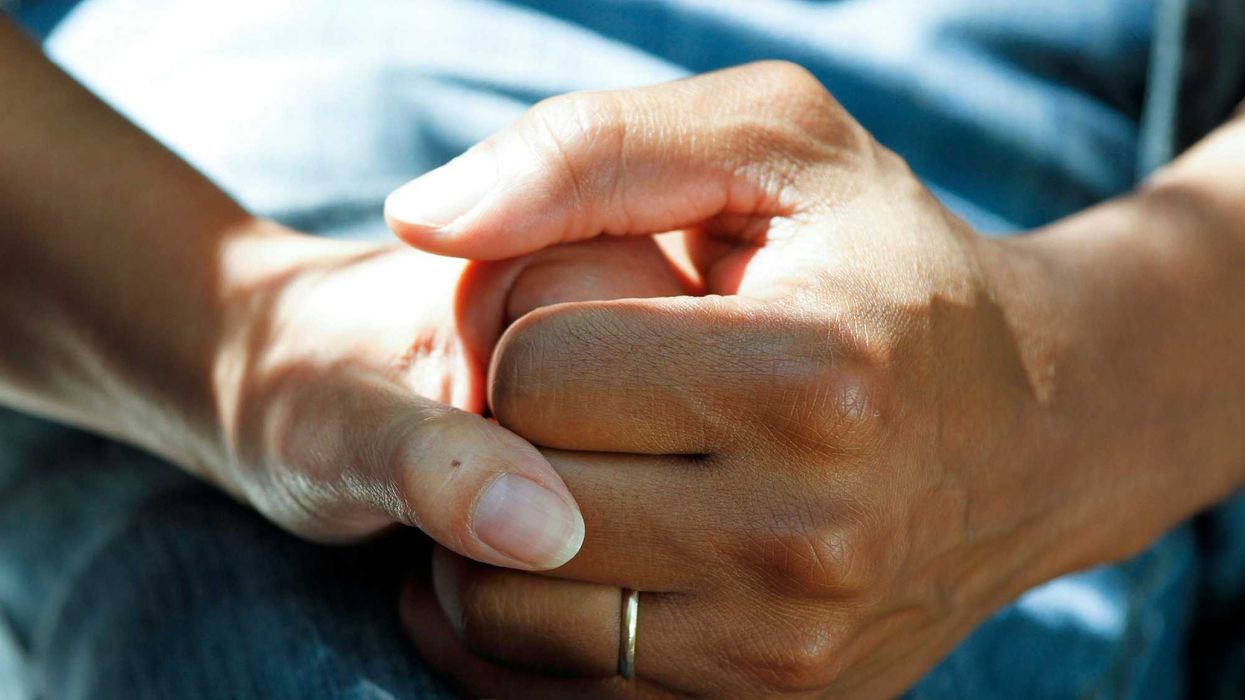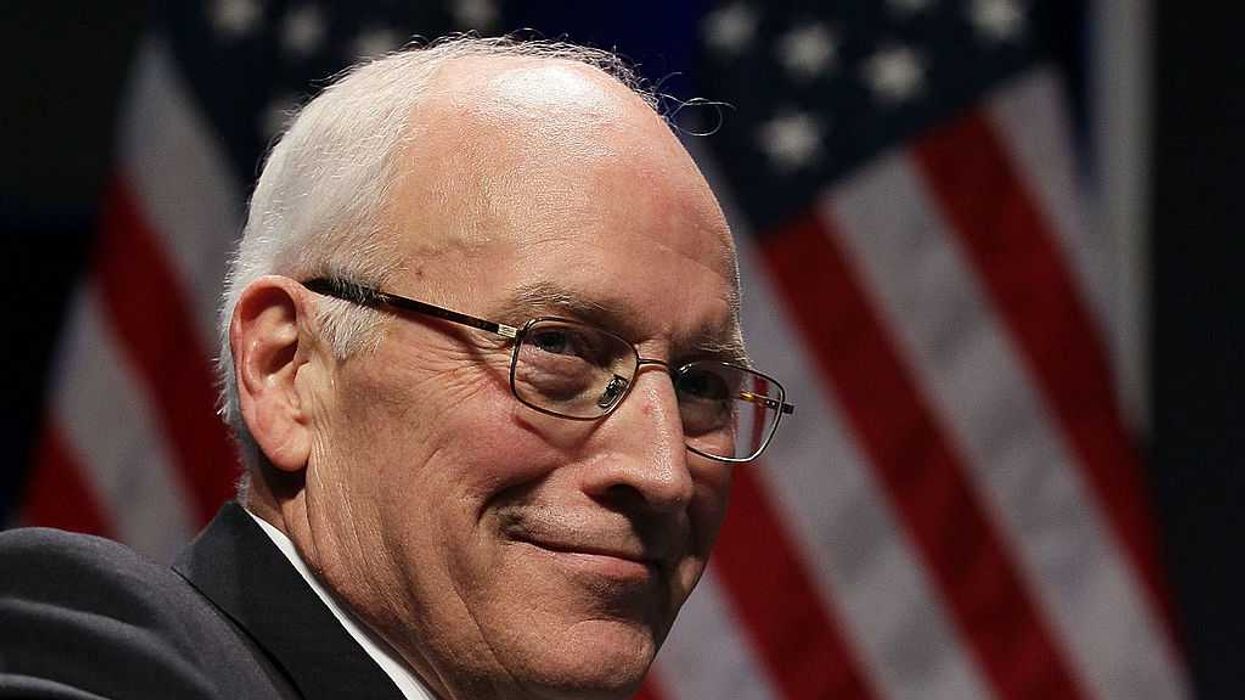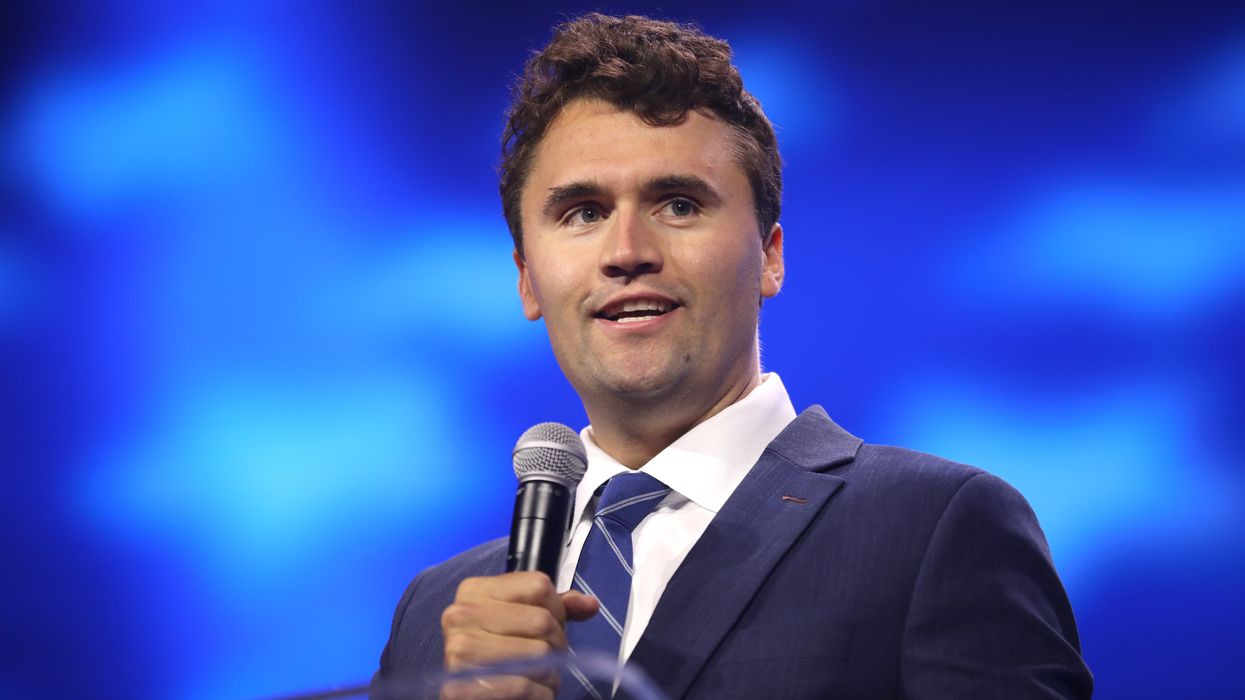Lilyanna Nunley usually feels completely comfortable talking about tough topics. The Weber State senior studying communications performed a spoken-word poetry piece last year about menstruation and being queer.
But since the state legislature passed the “Equal Opportunity Initiatives” law last year, she said many subjects important to her Ogden, Utah, community that once sparked a lively discussion now feel like they could risk the existence of her speech and debate club.
“All it would take is a few people complaining that we talked about diversity, equity, and inclusion,” said Nunley, the club’s president. “A lot of us have the fear of being shut down if we say the wrong things.”
The new law prohibits discrimination based on “personal identity characteristics.” It also bans certain speech, such as using the words “diversity,” “equity,” and “inclusion” in any official capacity.
President Donald Trump has moved swiftly against dismantling diversity, equity, and inclusion (DEI) programs in federal agencies and across universities.
Nearly a dozen states have signed anti-DEI bills into law. Students and faculty said Utah’s sweeping anti-DEI law, enacted last summer, provided a glimpse into the harm students face without access to safe spaces.
At Weber State University, all seven identity-based centers serving underrepresented students were shuttered after Utah lawmakers effectively banned DEI programs last year at universities and colleges.
Weber State has been among the most proactive in enforcing the state’s anti-DEI law. At the start of the spring semester, it became the first Utah university to remove the words “equity” and “inclusion” from its mission statement.
To comply with the ban, university officials closed the LGBTQ+ center, Women’s Center, and centers serving Black, Hispanic and Asian students. The centers were remodeled into a new one-size-fits-all center in July.
“In other words, they’re just lumping everything together and there aren’t resources for every individual need,” said Kayla Griffin, a former adjunct faculty member. “It’s just stupidity, that’s just straight up what it is.”
Nobody who previously worked in the identity-based centers lost their job. Instead, the university transitioned them to different roles with revised duties mostly under this new general center.
Weber State shifted to focus on serving students personally rather than “broad identity categories that don't always speak to each person’s unique needs, skills, and challenges,” said Bryan Magaña, a university spokesperson. Griffin was an event coordinator at the school’s diversity office while also teaching communications classes.
Griffin, who identifies as Asian-East Indian, said the DEI office was a toxic workplace where she often heard racist remarks against her.
“[A faculty member] asked me if I was the dot or the feather when I said I was Indian,” Griffin said. Another staffer told her she looked appropriate for working in the school’s DEI office, she said.
She left her full-time event coordinator position to focus on her teaching role. Then, university officials informed her a student had lodged a complaint against her. Weber State canceled all her classes and denied her request to read the complaint, despite multiple attempts, she said.
From her perspective, Utah did more than it had to do to fulfill the law. Utah launched a hotline and encouraged students and parents to report violations of the state’s new prohibition against DEI in higher education. The State Auditor’s office was tasked with reviewing possible violations.
“We’re a teacher’s pet. We want to be the first ones to do it right,” Griffin said. Weber State has gone above and beyond of the new legal mandate, she added.
For many students, the change made them feel less safe and unable to express themselves.
Before the new anti-DEI policies at her university, Nunley was not accustomed to biting her tongue. She co-founded a podcast for the “audaciously curious.” As club president, she oversees speeches on Title IX, sexual assault, race, and much more.
“My fear is that it’s technically against the legislation,” Nunley said. “If you get down to it, we are talking about diversity, equity, and inclusion.”
Shuttering the Women’s Center
Recent graduate Annabelle Durham found a home in the Women’s Center. For two years, she worked to build connections and offer support to students who, like her, needed a space where they felt seen.
“I shout this from the rooftops: the Women’s Center is the reason I didn’t drop out of school,” said Durham, who worked at the Women’s Center before graduating last semester.
Without it, many students, particularly women and nonbinary individuals, have lost a space where they felt safe discussing issues like reproductive health, gender-based discrimination, and sexual assault.
“We know that safe spaces like this are a net benefit for students. We know that it’s a necessity,” Nunley said. “It’s obviously a need that was being filled previously that is no longer.”
“To remove those communities where they can network with other people who are experiencing similar things just isolates those students, which increases their already extreme mental health issues,” said Griffin.
While all college students experience some level of stress, research has shown that female students experience anxiety rates higher than their male counterparts. Increased anxiety rates for female students are linked to issues with body image and drinking habits.
Women face different hurdles than men. Female students are more likely to be caregivers, which contributes to a lower grade-point average. Black and Hispanic females are also more likely than White females to drop out of school due to socioeconomic factors, such as a lack of family support or teen pregnancy.
The Women’s Center provided crucial support for students reporting gender-based violence, Title IX issues, and sexual assault.
Griffin said she worried that female students may no longer feel safe to report sexual assault on campus because they lost a key support system on campus, she said.
Implementing the bill
A few months before the new law went into effect, the university president went on Nunelly’s podcast to discuss the future of DEI at Weber State.
“The thing is that everyone agrees with free speech as long as the speech agrees with their viewpoints,” Mortensen said during the March interview. “We have to model on a college and university campus how we can hear diverse viewpoints and respect them even if we don’t agree with them and debate that.”
The university should be more intentional in inviting guest speakers from diverse perspectives to avoid favoring one identity or group of students, he said. He did not mention any plans to shutter student centers.
“We know it can happen anywhere else in the country because it did before it happened to Utah,” Nunley said. Where there's smoke there is fire, she said.


